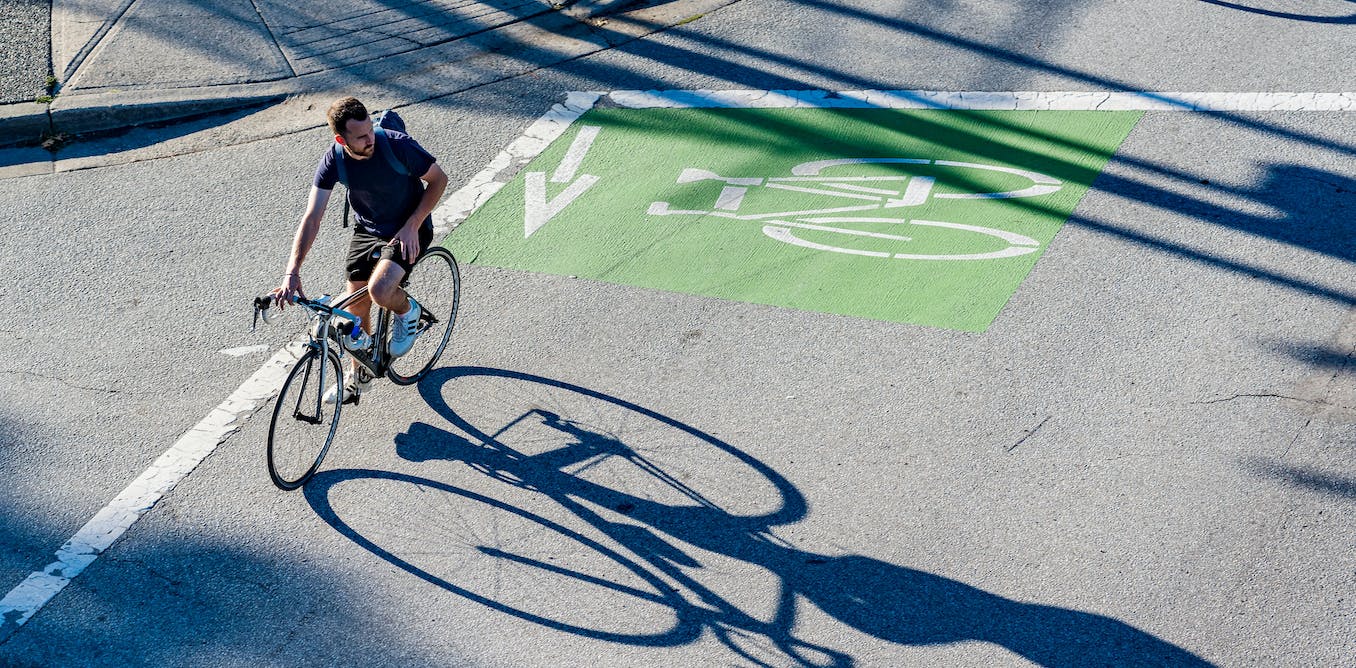Globally, only one in 50 new cars were fully electric in 2020, and one in 14 in the UK. Sounds impressive, but even if all new cars were electric now, it would still take 15-20 years to replace the world’s fossil fuel car fleet.
The emission savings from replacing all those internal combustion engines with zero-carbon alternatives will not feed in fast enough to make the necessary difference in the time we can spare: the next five years. Tackling the climate and air pollution crises requires curbing all motorised transport, particularly private cars, as quickly as possible. Focusing solely on electric vehicles is slowing down the race to zero emissions.



deleted by creator
Maybe? I’m not an aerospace engineer, but everything I’ve read indicates that the weight of the batteries would prevent airplanes from transitioning because it would be too much of a trade-off. Hybrid airplanes seem promising, but I’ve seen numbers from 5% reduced fuel (not meaningful) to 40% or more (seems a bit too optimistic).
Better battery tech is coming (Toyota claims as early as 2027), so maybe that will improve the outlook for electric airplanes.
Even if we had better battery tech today, it would still take years for airplanes to incorporate it properly. So I think we should be building out better rail systems. We have that tech now, and we’ll want it even if we have electric planes.